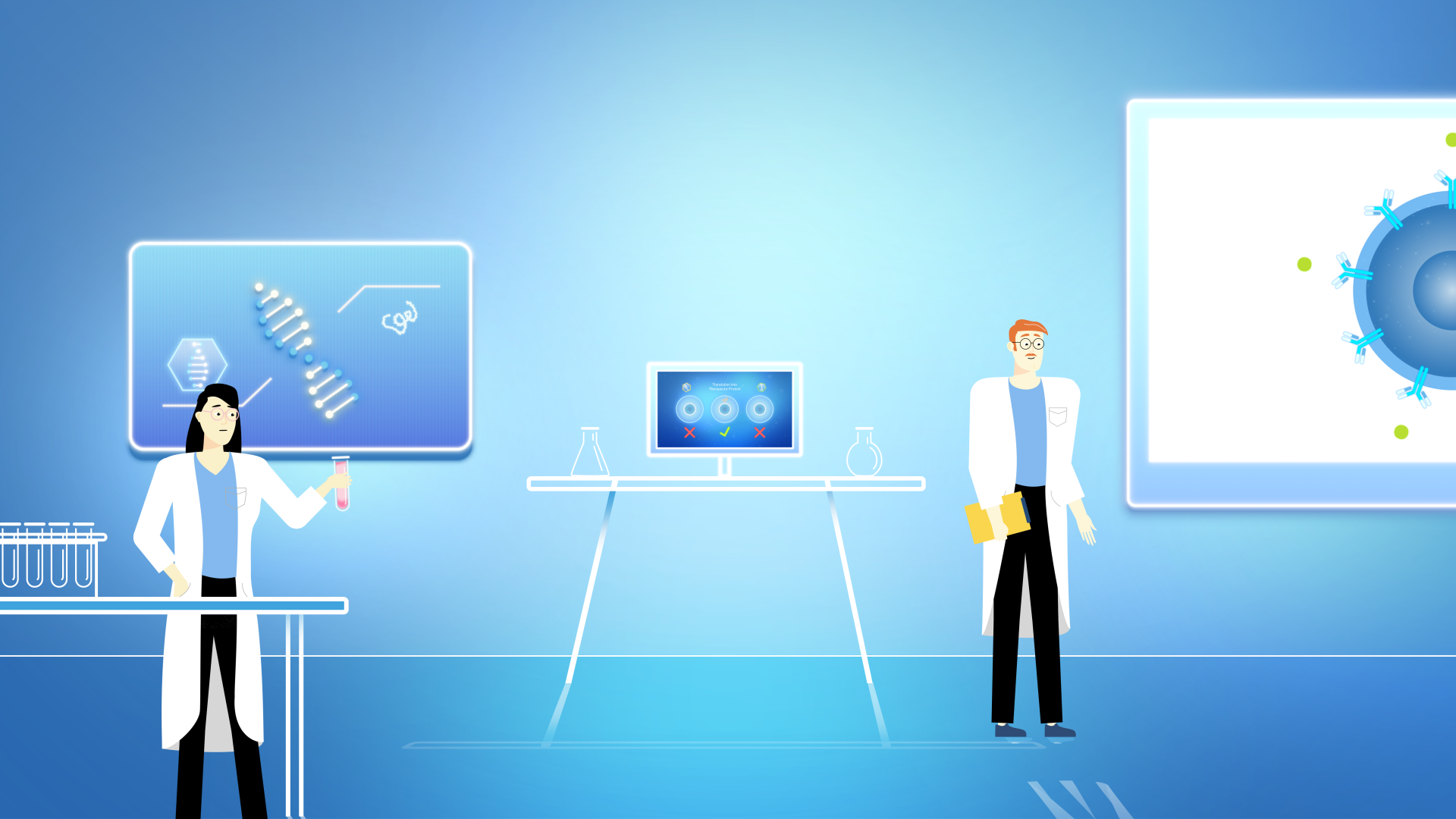- Other Products
- CCP
Gene therapy is a treatment technique that uses genes to treat or prevent disease. It presents the possibility to alter the genes inside, or outside, a patient’s cells, in an effort to treat and ultimately eliminate the disease instead of treating symptoms and diseases as done with traditional drugs and surgery.


Gene therapy is a treatment technique that uses genes to treat or prevent disease. It presents the possibility to alter the genes inside, or outside, a patient’s cells, in an effort to treat and ultimately eliminate the disease instead of treating symptoms and diseases as done with traditional drugs and surgery.
Genes play an important role in human health and genes that don't work properly can cause disease. Sometimes the whole or part of a gene is defective or missing from birth, or a gene can change or mutate during adult life. Any of these variations can disrupt how proteins are made, which can contribute to health problems or diseases.
Gene therapy is used to correct defective genes in order to cure a disease or help the body better fight disease. It's the introduction, removal or change in genetic material—specifically DNA or RNA—into the cells of a patient with the aim to restore normal function, to treat a specific disease.
The majority of diseases treated with gene therapy are inherited genetic diseases, but gene therapy is also used to treat certain cancers and viral infections. So far scientists have successfully used gene therapy to slow the progression and improve symptoms of rare and often life-threatening disorders and holds promise for treating a wide range of diseases.
Gene therapy is a promising treatment option for a number of diseases and the general strategy of gene therapy is relatively straightforward.
Gene Therapy is the answer to many rare diseases and the light at the end of the tunnel for patients suffering from complex genetic disorders. The majority of gene therapies are currently being studied in clinical trials. Of gene therapies up for approval over the next five years, 45 percent are anticipated to focus on cancer treatments and 38 percent are expected to treat rare inherited genetic disorders.
· Hematology/blood disorders
· Neurological disorders
· Musculoskeletal disorders
· Retinal disorders
· Oncological disorders
Svar is in a unique position to offer assistance in any gene therapy project. We have robust platforms suited for all phases of drug development, as well as the experience and knowledge from our diagnostic and bioanalytical services. We are currently developing cell-based assays for immunogenicity and potency testing. Furthermore, we can create custom projects tailored to your specific needs to create truly tailor-made assays. Our Bioanalytical Services offer flexible solutions adapted to your needs and requirements.
Together, we can move the promise of gene therapy to reality.